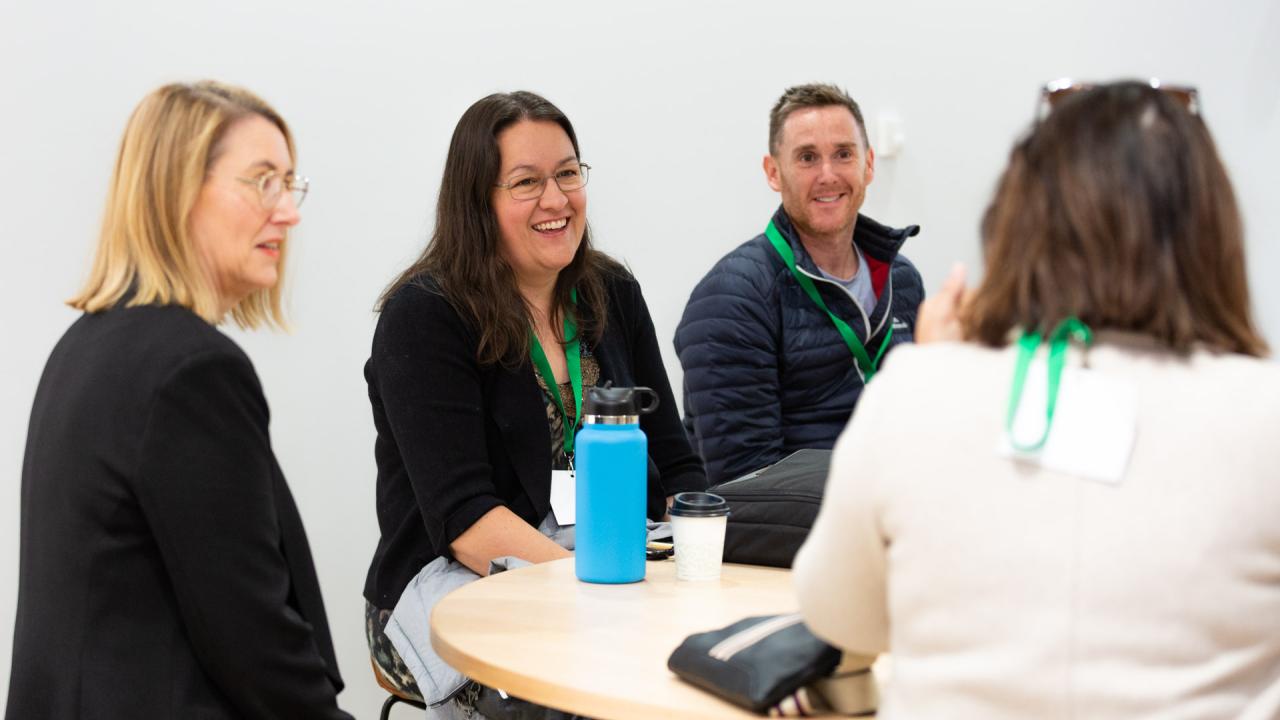Trauma Sensitive Practice in Education

Identify strategies to prevent and respond to dysregulation in the classroom through a trauma sensitive lens.
Intensive focus on the neurobiology of complex trauma, it’s impact on brain development and physiology and explore what this means for the elements of learning within the Victorian Teaching and Learning Model 2.0. Unpacking impacts on attention, focus and regulation, knowledge and memory, retention and recall and mastery and application.
You will explore the application of proactive and responsive strategies to manage dysregulation, identifying benefits for classroom practice and support the development of a child/young person's identity as a successful learner.
Develop and undertake a small implementation project within your school that integrates gained knowledge in relation to neurobiology, FISO 2.0 and the VTLM 2.0 elements of teaching.
Unpack the ‘Look Fors’ regarding evidence-based wellbeing frameworks that support trauma sensitive practice through a multitiered system of support, identifying our individual growth goals, AIP wellbeing goals and benefits for the school community.
Audience
Roles
Recommended for:
- classroom teachers
- teacher leaders
- assistant principals
- principals.
School sectors
This program is available to the following school sectors:
- Victorian government
- Catholic
- independent.
Some content may contain information aligned with Department of Education priorities or initiatives.
Facilitator
Beth Guy, Manager of Student Support Services in Goulburn North-Eastern Victoria Region, has an extensive background working across Education, Health and Welfare sectors focusing on vulnerable children, young people and families. She has a work history across corporate. not-for-profit, local and state government specialising in child safety reform, regulation and implementation.
For the past 20 years Beth has specialised in Trauma Informed Practice through teaching and social work practice, previously providing consultancy and training to a wide range of national and international organisations, government and education departments alongside teaching at a secondary and tertiary level.
Structure
Over 2 terms, you will engage in and contribute to:
- 3 full day workshops (workshop 1 and 2 on consecutive days in term 1, workshop 3 in term 2)
- Small implementation project occurring within your school between workshops 2 and 3.
Learning outcomes
You’ll gain knowledge and understanding of:
- the impact of trauma on neurobiological development
- trauma impacts on behavior, regulation, and relationships
- proactive and responsive strategies to prevent and respond to dysregulation in the classroom
- implementation of knowledge applied to Wellbeing School Improvement Teams, Communities of Practice and Annual Implementation Plan wellbeing goals
- implications for engagement and learning within the frame of the Victorian Teaching and Learning Model 2.0.
Participate in:
- didactic and experiential learning to utilise expertise within the room and support new knowledge
- a small implementation project in the classroom between workshop 2 and 3 to apply gained knowledge to the elements of teaching.
You’ll develop the skills to:
- apply proactive and responsive strategies to manage dysregulation and identify meaning behind behaviours
- apply strategies to support the development of a child/young person's identity as a successful learner
- implement trauma sensitive practice beyond the classroom.
Fees and financial support
| Government school | Non-government school | |
|---|---|---|
| Fee per participant | Fully subsidised | $150 (excl. GST) |
Department of Education fully subsidises Victorian government school participants.




